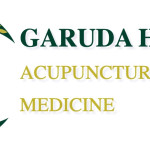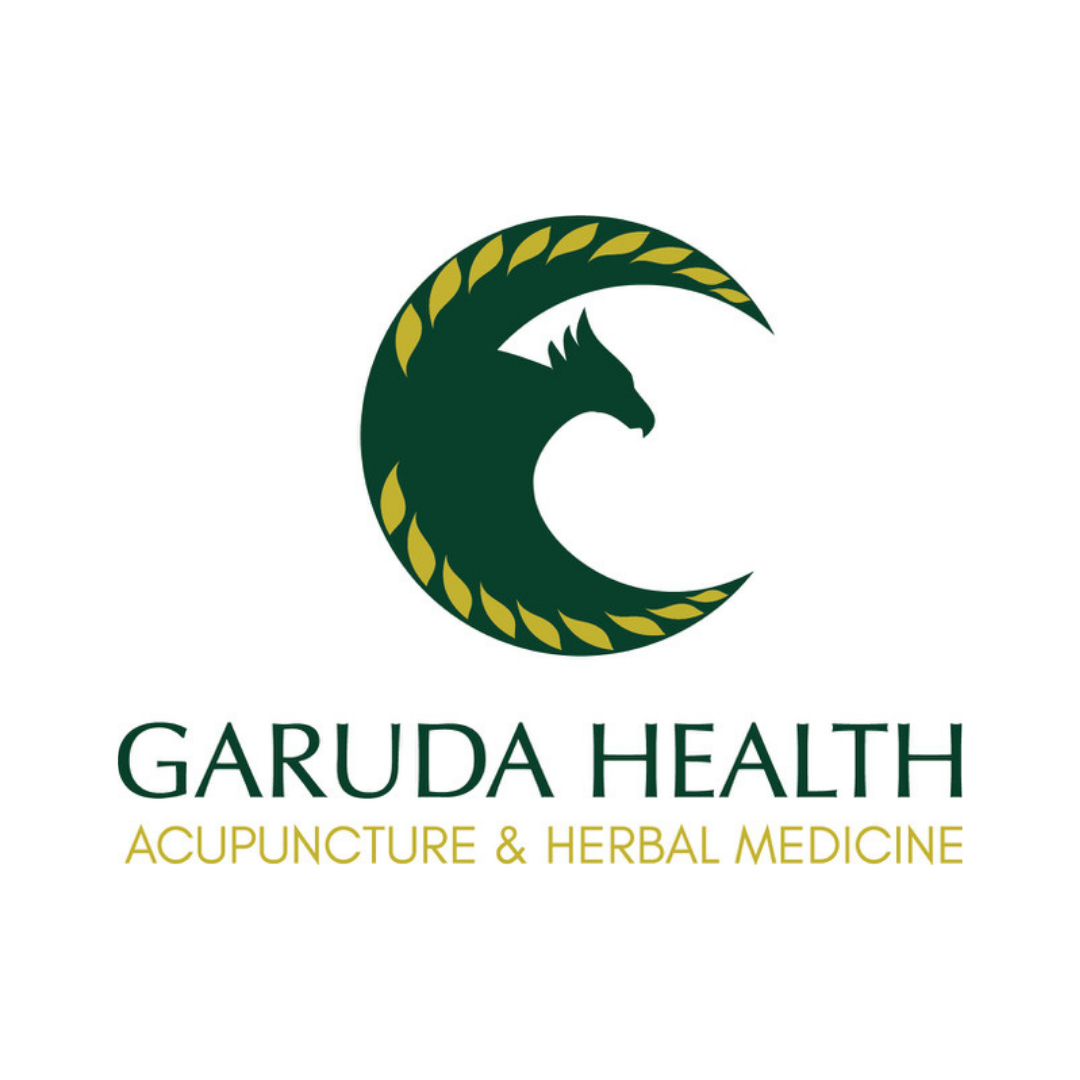Difference Between Chinese and Western Medicine Diagnosis

Difference Between Chinese and Western Medicine Diagnosis
When it comes to understanding health and disease, Traditional Chinese Medicine (TCM) and Western medicine take fundamentally different approaches to diagnosis. It is my belief that neither system is incorrect in their approach, but simply have different methodologies and are actually in agreement with each other since they’re looking at the same human body. Let’s explore the key differences between TCM and Western medical diagnosis.
1. Holistic vs. Specified Approach
One of the most significant differences between TCM and Western medicine is the way they view the body. TCM follows a holistic approach, meaning it looks at the body as an interconnected system. When learning the disease patterns of organ systems, one must then learn how these problems immediately affect another system and lead to the most common symptoms patients will complain of; the TCM approach then views symptoms as manifestations of deeper root causes.
In contrast, Western medicine takes a selective approach. Zeroing in on one system or set of data from a test and coming up with a statistical analysis of what is wrong with a patient. Although this is very important in emergency health conditions, symptoms become diagnoses rather than trying to find the deeper problems within the system leading to disease.
2. Pattern Differentiation vs. Disease Identification
TCM diagnosis is based on “pattern differentiation” (Bian Zheng 辩证), which means recognizing a pattern of disharmony in the body rather than identifying a single disease entity. For example, two patients with anxiety may receive different diagnoses and treatments depending on their unique patterns, such as Heart Blood Deficiency or Liver Qi Stagnation. The first patient may have anemia, pale skin, poor diet, is frequently startled, and has disturbed sleep, the second is highly stressed, tense muscles, irritability, and IBS symptoms. In Western medicine they can both be given an anti-anxiety medicine, but in Chinese Medicine their herbal and acupuncture treatments would be completely different even though both patients are seeking help for their anxiety.
Western medicine, on the other hand, follows a disease identification model, using standardized criteria to diagnose conditions such as diabetes, hypertension, or infections. This system relies on measurements, such as blood tests, imaging, and biopsy results, to designate a specific disease or condition. However, when these tests come back negative or are more difficult to assess like in anxiety patients, the treatments become uniform and suboptimal.
3. Diagnostic Methods
Contrary to belief, TCM can use laboratory tests and imaging to help with diagnosis. I regularly saw this at the hospitals in China and would love to have the ability to order tests here. However, the patient specific portion of TCM comes from asking more questions as they correlate to pattern differentiation, looking at the tongue as it gives more details about the water metabolism of the body and the vascular health, and taking the pulse which gives very detailed information about the movement of the blood flow throughout the body.
4. Dynamic vs. Static Diagnosis
In TCM, diagnosis is fluid and can change over time as the body’s condition evolves. A patient’s pattern of disharmony may shift, requiring adjustments in treatment strategy. This is why I ask patients to return more frequently at the beginning of our treatment. As the body evolves the treatment must evolve with the patient. Herbs used at the beginning of treatment may have specific focus to change the body in a direction, if that mark is over met it can throw the patient onto the opposite end of imbalance.
Western medicine tends to classify diseases in a more static manner. Once a diagnosis is made, treatment protocols are generally standardized and follow established guidelines based on clinical research. The same protocols are routinely used and rarely change, resulting in patients taking the same medication indefinitely with more being added as time goes on.
Conclusion
Both TCM and Western medicine have their strengths, and understanding their differences can help individuals make informed choices about their healthcare. While Western medicine excels in acute care, emergency interventions, and technologically advanced diagnostics, TCM provides a personalized, holistic approach that emphasizes balance and long-term wellness. By integrating aspects of both systems, patients can benefit from a more comprehensive approach to health and healing.
It took me years of study to really understand and grasp how TCM looks at the body and how to select the correct treatment. It can be challenging for a new patient to grasp all the aspects of TCM in a few visits, but really TCM and Western medicine are looking at the same body, the same organs, and blood vessels. My goal is to do my best to help you improve your health, whether you understand every aspect or not.
Contact us today to book a consultation and start your journey to improved well-being.






